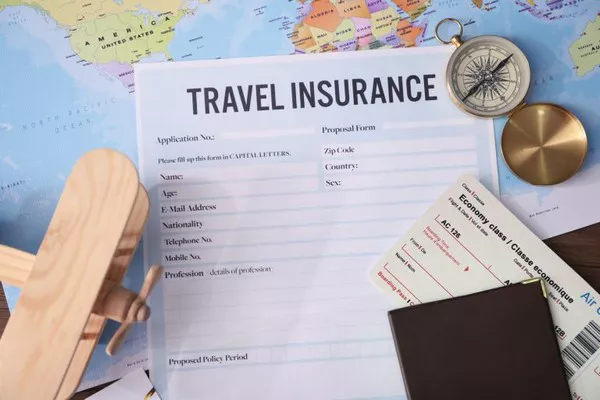Embarking on a journey, whether for business or pleasure, brings excitement and adventure. Amidst the anticipation, prudent travelers often consider the safety net provided by travel insurance. In this comprehensive guide, we’ll delve into the questions, “How Much Is Travel Insurance?” and “What Does It Cover?” to unravel the intricacies of costs and the breadth of coverage offered by travel insurance.
1. Understanding the Cost of Travel Insurance
Factors Influencing Cost
The cost of travel insurance can vary based on several factors. These include the traveler’s age, destination, trip duration, coverage limits, and the type of coverage selected. Older travelers or those visiting destinations with higher medical costs may generally face higher premiums.
Cost Range
Travel insurance costs typically range from 4% to 10% of the total trip cost. This percentage can serve as a rough estimate, but travelers should obtain quotes from various providers to determine the specific cost for their circumstances.
2. Types of Travel Insurance Coverage
Trip Cancellation and Interruption
This coverage reimburses travelers for non-refundable expenses if their trip is canceled or interrupted due to covered reasons such as illness, injury, or unforeseen events.
Emergency Medical Expenses
Travel insurance often includes coverage for emergency medical expenses, covering costs related to illness or injury during the trip. This can include hospital stays, medical procedures, and evacuation if necessary.
Trip Delay and Missed Connections
In the event of trip delays or missed connections, travel insurance can provide reimbursement for additional expenses incurred, such as accommodation and meals.
Baggage and Personal Belongings
Coverage for lost, stolen, or damaged baggage and personal belongings is a common inclusion. Travel insurance may reimburse the traveler for the value of the lost items.
Emergency Evacuation and Repatriation
In situations requiring emergency evacuation or repatriation, travel insurance can cover the associated costs, ensuring the traveler receives necessary medical attention or returns home safely.
3. Specialized Coverage Options
Adventure Travel Coverage
For travelers engaging in adventurous activities such as skiing, scuba diving, or hiking, specialized coverage may be available to address the specific risks associated with these activities.
Cancel for Any Reason (CFAR) Coverage
Some policies offer Cancel for Any Reason coverage, providing more flexibility for trip cancellations. However, CFAR coverage often comes with additional costs and specific eligibility criteria.
4. Exclusions and Limitations
Pre-Existing Medical Conditions
Many travel insurance policies exclude coverage for pre-existing medical conditions. Travelers with such conditions may need to explore policies that offer coverage or consider additional riders.
High-Risk Activities
Certain high-risk activities may not be covered under standard travel insurance. Travelers engaging in such activities should inquire about specialized coverage options to ensure comprehensive protection.
5. Tips for Choosing Travel Insurance
Assess Coverage Needs
Before purchasing travel insurance, assess your coverage needs based on the nature of your trip, destination, and activities planned. Tailoring coverage to your specific requirements ensures adequate protection.
Compare Policies and Providers
Obtain quotes from multiple insurance providers and compare policies. Consider factors such as coverage limits, exclusions, and customer reviews to make an informed decision.
6. Importance of Reading Policy Details
Inclusions and Exclusions
Carefully read the details of the travel insurance policy, paying close attention to both inclusions and exclusions. Understanding these details is essential for making effective use of coverage.
Claim Procedures
Familiarize yourself with the claim procedures outlined in the policy. Knowing how to initiate a claim and the required documentation streamlines the process in case of emergencies.
7. Common Misconceptions about Travel Insurance
Coverage for All Situations
One common misconception is that travel insurance covers all situations. Understanding the specific covered reasons for cancellations or interruptions is crucial to managing expectations.
“I Don’t Need Travel Insurance”
Assuming that travel insurance is unnecessary is another misconception. Unforeseen events, medical emergencies, or trip disruptions can happen to anyone, making travel insurance a valuable precaution.
Conclusion:
In conclusion, understanding how much travel insurance costs and what it covers is pivotal for travelers seeking a balance between protection and budget. From trip cancellations and emergency medical expenses to baggage coverage and specialized options, travel insurance offers a comprehensive safety net. Navigating the landscape of travel insurance involves assessing individual needs, comparing policies, and making informed decisions. By embracing the insights provided in this guide, travelers can embark on their journeys with confidence, knowing they have a reliable safety net to navigate the unexpected twists and turns of travel.


